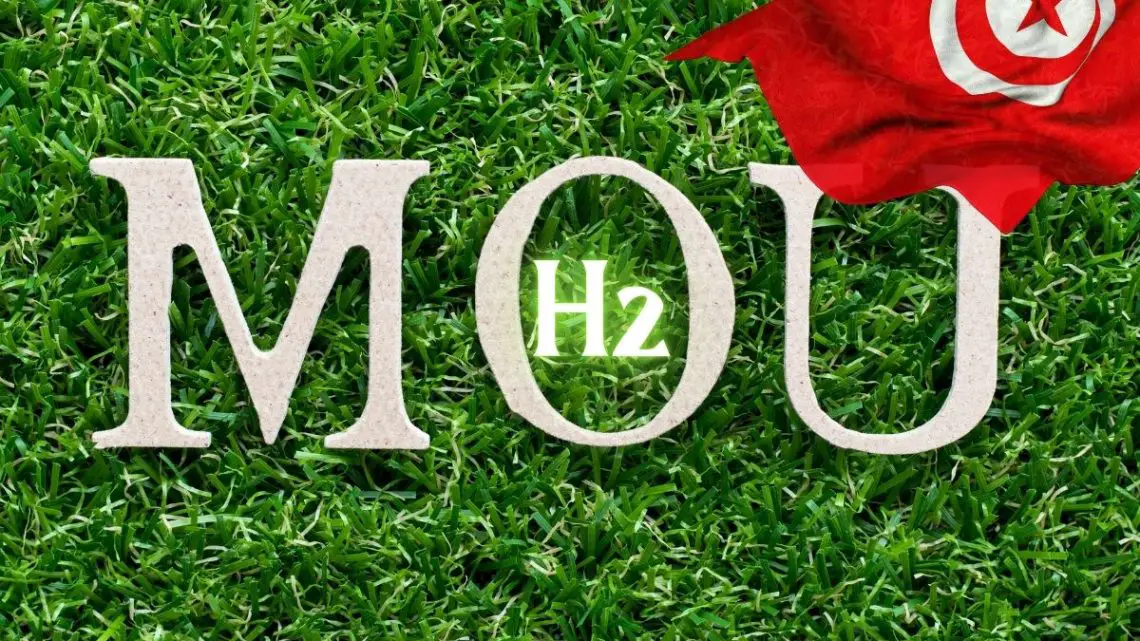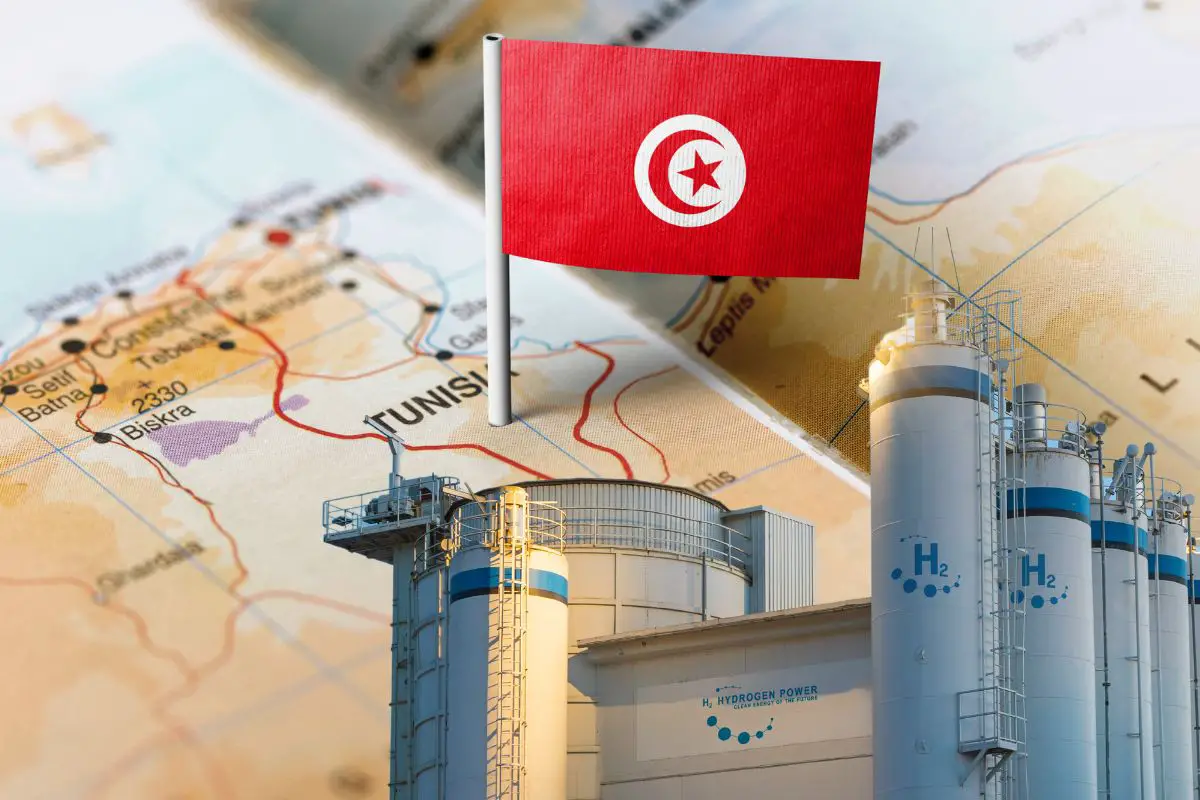
6 Green hydrogen MoUs signed in Tunisia
August 9, 2024The agreements are aimed at bolstering the country’s national H2 strategy
Tunisia has announced that it has signed 6 new memoranda of understanding (MoUs) for the development of green hydrogen and its derivatives in the country by 2050.
The country signed with a number of foreign companies
The green hydrogen production MoUs were signed in the presence of the Minister of Industry, Mines, and Energy, Fatma Thabet Chiboub. They were signed with the following six entities: the British and Maltese group holding TUNUR, Norwegian company Aker Horizons, and Austrian group Verbund, the British company Savannah Energy, Hydrogène de France, the French company Amarenco and the Jordanian company H2 Global, the Belgian company DEME Energy, and the German company ABO Energy.
Complementing Tunesia’s national 2050 green hydrogen strategy
The goal of the MoUs is to put into action the national strategy of Tunisia to develop green hydrogen and its derivatives by the midpoint of the century. As such, the country is hoping to appeal to local investment and use the existing and growing industrial and energy infrastructure throughout the country.

The strategy is aiming for the production of 8.3 million metric tons of green hydrogen and its derivatives by 2050. Of that, 2.3 million metric tons will be reserved for use in the local market, while the remaining 6 million tons will be set for export. This represents a total investment of about $130 billion.
Replacing fossil fuel dependence
 Currently, about 97 percent the country’s electricity is generated by means dependent on fossil fuel. The most used fossil fuel in the country is natural gas, 47 percent of which is imported from other countries, primarily Algeria (as of data from June 2023). The country’s local natural gas production is through the national exploration company ETAP, as well as foreign company concessions.
Currently, about 97 percent the country’s electricity is generated by means dependent on fossil fuel. The most used fossil fuel in the country is natural gas, 47 percent of which is imported from other countries, primarily Algeria (as of data from June 2023). The country’s local natural gas production is through the national exploration company ETAP, as well as foreign company concessions.
The country has been working to decrease its dependency on fossil fuel imports and replace it with local clean energy alternatives. For instance, earlier in 2024, Tunisia installed its first photovoltaic solar power plant, located in Djerba. Once it opened, the 1 MW plant started generating enough electricity to power 500 house holds.



 With over 15 years of reporting hydrogen news, we are your premier source for the latest updates and insights in hydrogen and renewable energy.
With over 15 years of reporting hydrogen news, we are your premier source for the latest updates and insights in hydrogen and renewable energy.